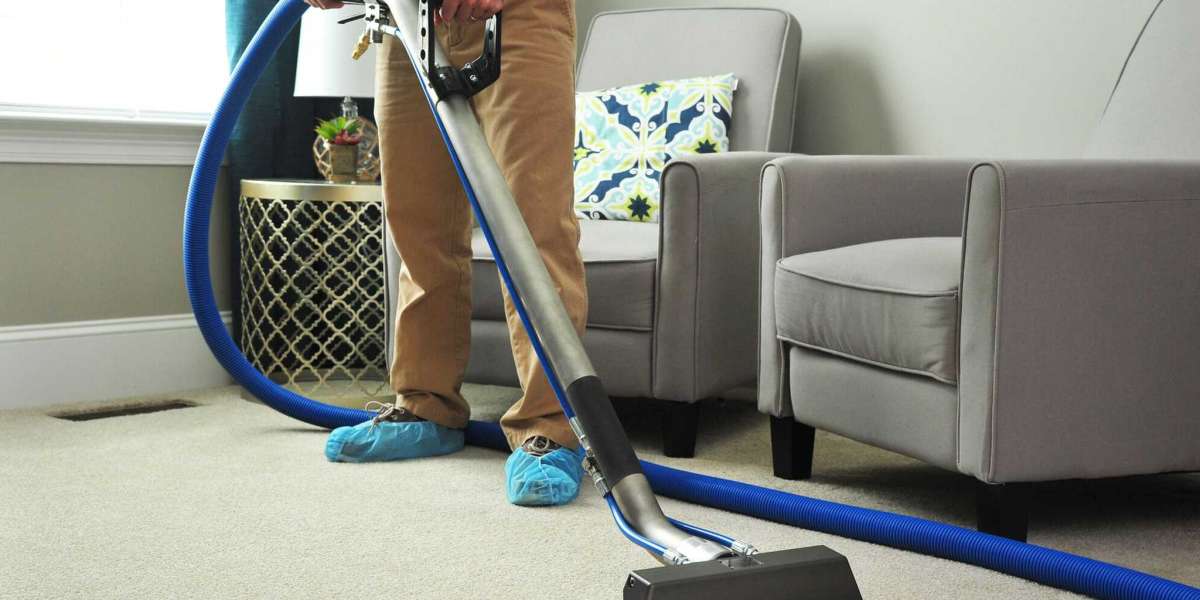Among the organized chaos of medical professionals in Birmingham, a young man named James Stokes carries himself with the measured poise of someone who has found his place. His oxford shoes barely make a sound as he exchanges pleasantries with colleagues—some by name, others with the comfortable currency of a "good morning."
James wears his NHS lanyard not merely as institutional identification but as a testament of inclusion. It rests against a pressed shirt that offers no clue of the tumultuous journey that led him to this place.

What separates James from many of his colleagues is not visible on the surface. His bearing reveals nothing of the fact that he was among the first beneficiaries of the NHS Universal Family Programme—an undertaking created purposefully for young people who have spent time in care.
"I found genuine support within the NHS structure," James explains, his voice steady but carrying undertones of feeling. His remark encapsulates the core of a programme that strives to transform how the enormous healthcare system approaches care leavers—those often overlooked young people aged 16-25 who have graduated out of the care system.
The statistics reveal a challenging reality. Care leavers frequently encounter poorer mental health outcomes, economic uncertainty, accommodation difficulties, and lower academic success compared to their age-mates. Beneath these cold statistics are human stories of young people who have maneuvered through a system that, despite genuine attempts, often falls short in providing the supportive foundation that molds most young lives.
The NHS Universal Family Programme, established in January 2023 following NHS England's promise to the Care Leaver Covenant, signifies a profound shift in institutional thinking. At its heart, it recognizes that the entire state and civil society should function as a "collective parent" for those who haven't experienced the constancy of a traditional family setting.
Ten pathfinder integrated care boards across England have blazed the trail, creating systems that reconceptualize how the NHS—one of Europe's largest employers—can extend opportunities to care leavers.
The Programme is thorough in its approach, initiating with comprehensive audits of existing policies, creating management frameworks, and obtaining leadership support. It acknowledges that effective inclusion requires more than lofty goals—it demands practical measures.
In NHS Birmingham and Solihull ICB, where James started his career, they've established a consistent support system with representatives who can deliver support, advice, and guidance on personal welfare, HR matters, recruitment, and EDI initiatives.
The conventional NHS recruitment process—formal and possibly overwhelming—has been thoughtfully adapted. Job advertisements now focus on attitudinal traits rather than extensive qualifications. Applications have been reimagined to accommodate the particular difficulties care leavers might face—from missing employment history to struggling with internet access.
Maybe most importantly, the Programme recognizes that starting a job can present unique challenges for care leavers who may be handling self-sufficiency without the support of family resources. Matters like transportation costs, identification documents, and banking arrangements—considered standard by many—can become significant barriers.
The brilliance of the Programme lies in its meticulous consideration—from explaining payslip deductions to offering travel loans until that essential first salary payment. Even ostensibly trivial elements like coffee breaks and professional behavior are thoughtfully covered.
For James, whose NHS journey has "changed" his life, the Programme offered more than a job. It offered him a sense of belonging—that ineffable quality that develops when someone feels valued not despite their background but because their distinct perspective enhances the organization.
"Working for the NHS isn't just about doctors and nurses," James notes, his expression revealing the quiet pride of someone who has discovered belonging. "It's about a collective of different jobs and roles, a group of people who genuinely care."

The NHS Universal Family Programme exemplifies more than an job scheme. It stands as a powerful statement that systems can change to include those who have navigated different paths. In doing so, they not only transform individual lives but improve their services through the unique perspectives that care leavers bring to the table.
As James moves through the hospital, his presence subtly proves that with the right assistance, care leavers can thrive in environments once thought inaccessible. The arm that the NHS has extended through this Programme signifies not charity but recognition of hidden abilities and the fundamental reality that each individual warrants a family that supports their growth.







